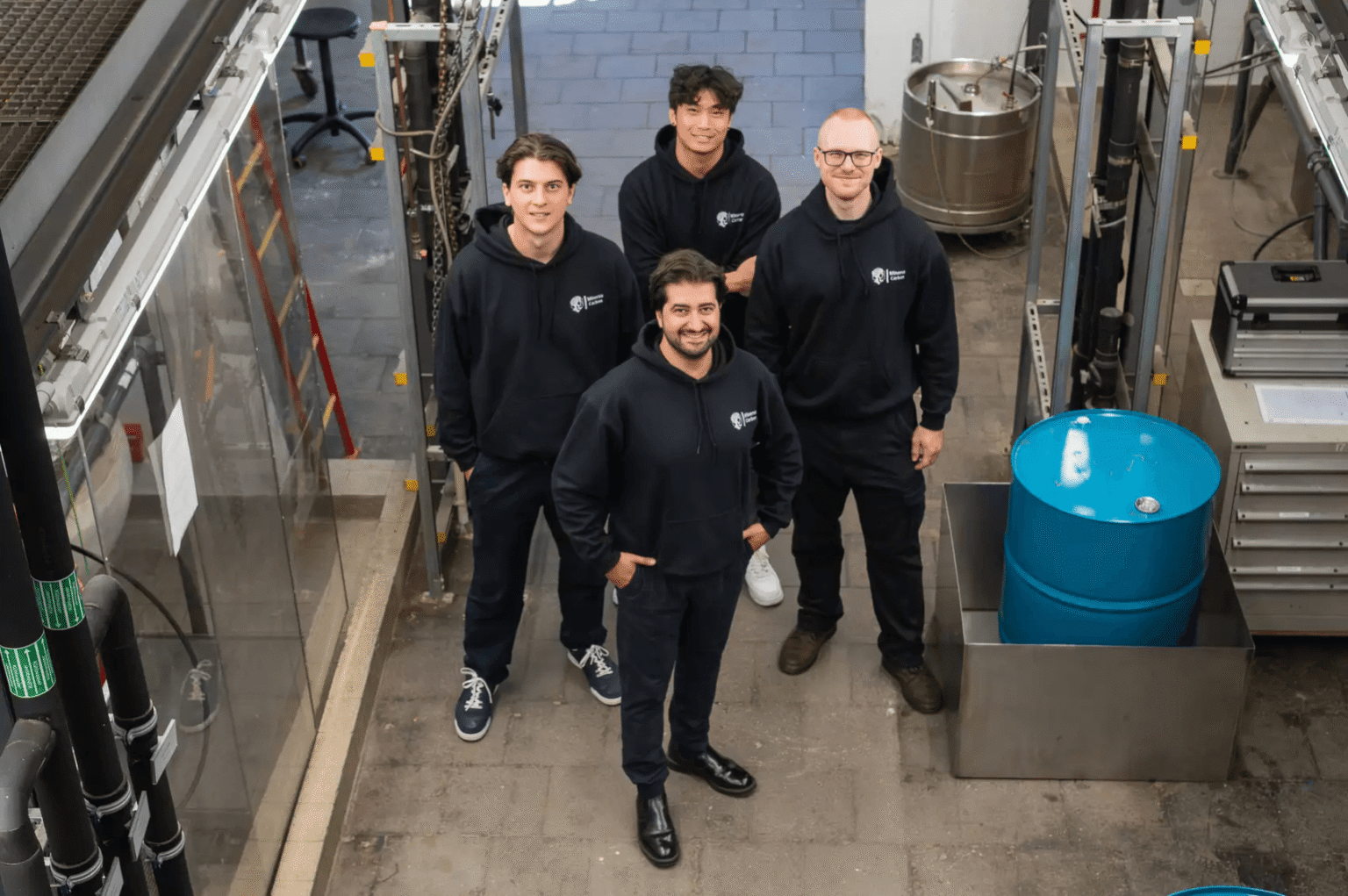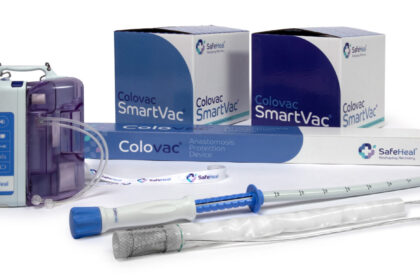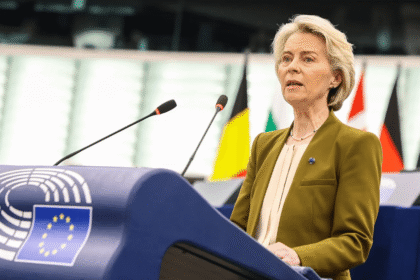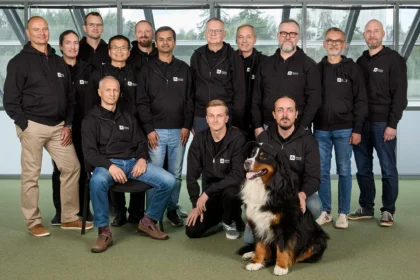Minerva Carbon is a deeptech startup based out of Mülheim in western Germany, and has received €1.8 million from the EXIST program, an initiative by the German Federal Ministry for Economic Affairs and Energy.
The startup focuses on commercializing mesoporous high-performance carbon materials that improve battery efficiency and durability. The founder, Abdu Bilican, a former PhD student at the Max-Planck-Institut für Kohlenforschung, developed a faster synthesis process during his doctoral research, significantly reducing production time for carbon materials.
Mesoporous carbons are considered versatile materials for energy storage, including in batteries and supercapacitors, as well as in catalysis, for instance, in PEM fuel cells. However, scalable and controlled syntheses for industrial-scale applications have so far been lacking. During his doctoral work in the research group of Dr. Wolfgang Schmidt at the MPI, Bilican developed a much more efficient synthesis process. Here, reaction time is key: he found a way to produce large quantities of mesoporous carbon in significantly shorter periods, marking a major step forward for industrial use. “We now have a unique opportunity to commercialize mesoporous carbons with outstanding properties on a large scale for a wide range of applications,” says Bilican. Initial tests have shown that the novel materials significantly improve fast-charging capability in batteries and the long-term stability of PEM fuel cells. A pilot plant is now being built at the Max-Planck-Institut für Kohlenforschung.
“Our aim is to combine cutting-edge research with modern production technology. This will allow us to manufacture application-optimized carbon materials efficiently and sustainably right here in North Rhine-Westphalia,” adds co-founder Jonas Gram, formerly an automation engineer at the Fraunhofer Institute for Manufacturing Engineering and Automation. The young Deep Tech team has also set itself the ambitious goal to strengthen Germany’s position in battery and fuel cell technologies and to become part of a European battery value chain.
Inventions and spin-offs from the institute have a long tradition ranging from the Fischer-Tropsch synthesis in 1925 and Karl Ziegler’s process for producing polyolefins, to Mechsyn, a recent start-up in the field of mechanochemistry. “I’m very proud to support young scientists from my department in founding companies,” says director Prof. Dr. Ferdi Schüth. “The energy transition in particular depends on new ideas from innovative environments like the Max Planck Institute. Without that, we won’t solve the challenges of the future.”





